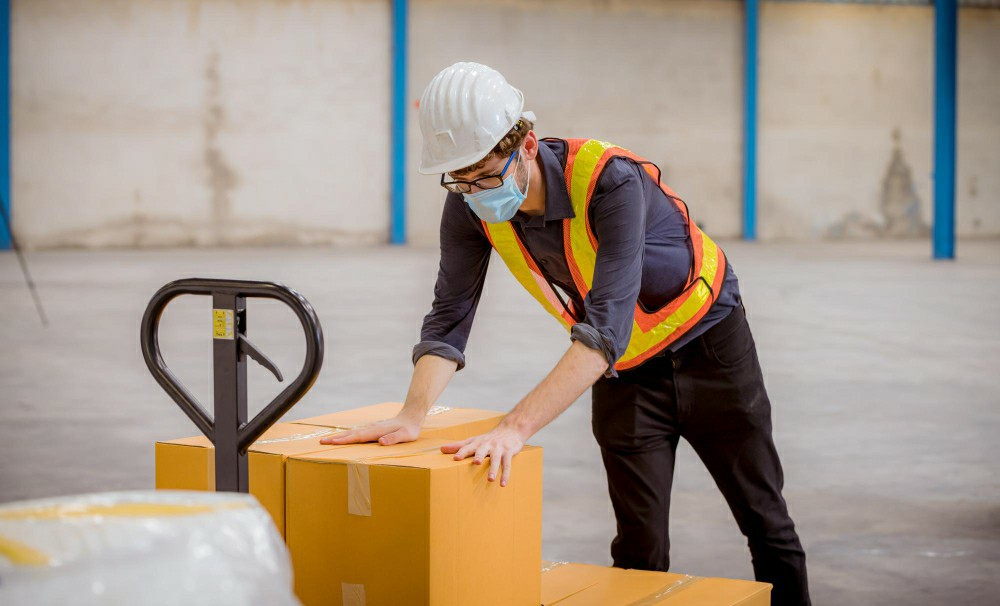


 349,500 Offered Certificates
349,500 Offered Certificates
 24/7 Online Training
24/7 Online Training
 Money Back Guarantee
Money Back Guarantee
 Fully Accredited Courses
Fully Accredited Courses

Created at: 28-11-2024 17:44
In today’s dynamic work environments, manual handling tasks are prevalent across various industries. From lifting boxes in warehouses to assisting patients in healthcare settings, improper handling techniques can lead to serious injuries, impacting both worker safety and organizational efficiency.
That’s where accredited manual handling courses come in. These courses not only provide essential training but also ensure compliance with health and safety regulations vital for the well-being of employees and employers alike.
Accredited manual handling training equips participants with the knowledge and skills to perform tasks safely and efficiently. Such training is designed to:
Moreover, completing an accredited manual handling course in Ireland helps organizations comply with the Safety, Health and Welfare at Work Act 2005, ensuring that they uphold legal standards for employee safety.
An accredited manual handling course covers the following essential topics:
Understanding the anatomy of the human body and the biomechanics of lifting is crucial to performing manual tasks efficiently. Courses include:
Risk assessment is a key feature of accredited training. Participants learn how to identify potential hazards in their work environment and assess the risks associated with manual handling tasks. This section covers:
This segment focuses on hands-on training, allowing participants to practice safe lifting, carrying, pushing, and pulling techniques. Key practical skills include:
In recognition of evolving workplace needs, many providers now offer accredited manual handling courses online. This flexibility allows individuals and organizations to:
Online courses often include interactive elements, such as quizzes, video demonstrations, and virtual classroom sessions, ensuring engaging learning experiences without compromising the quality of the training.
Upon successfully completing an accredited manual handling course, participants receive an accredited manual handling certification. This certification is a testament to their commitment to workplace safety and demonstrates compliance with legal standards.
The certification process typically involves:
Accredited manual handling courses are fundamental in enhancing workplace safety across Ireland, including major cities like Dublin, Cork, and Galway. Whether you choose in-person or online training, the benefits of obtaining an accredited certification are manifold, including increased safety, compliance, and confidence in handling tasks.
Don't leave workplace safety to chance. Contact us today to book your accredited manual handling course and ensure you and your employees are well-equipped with the skills needed to manage manual handling tasks safely. For inquiries, reach us at [email protected].